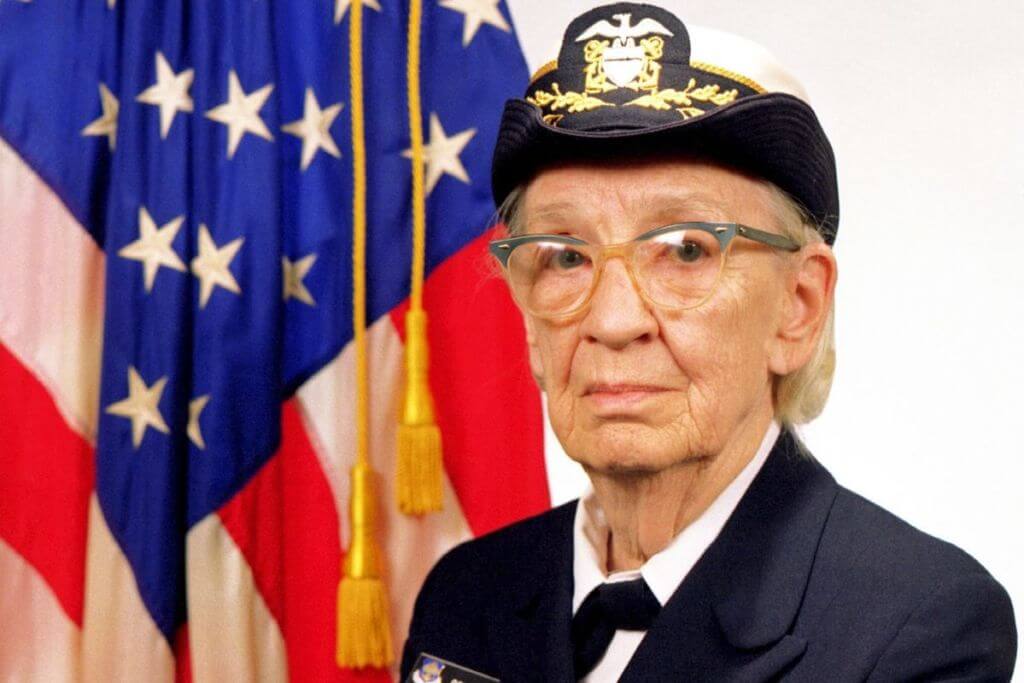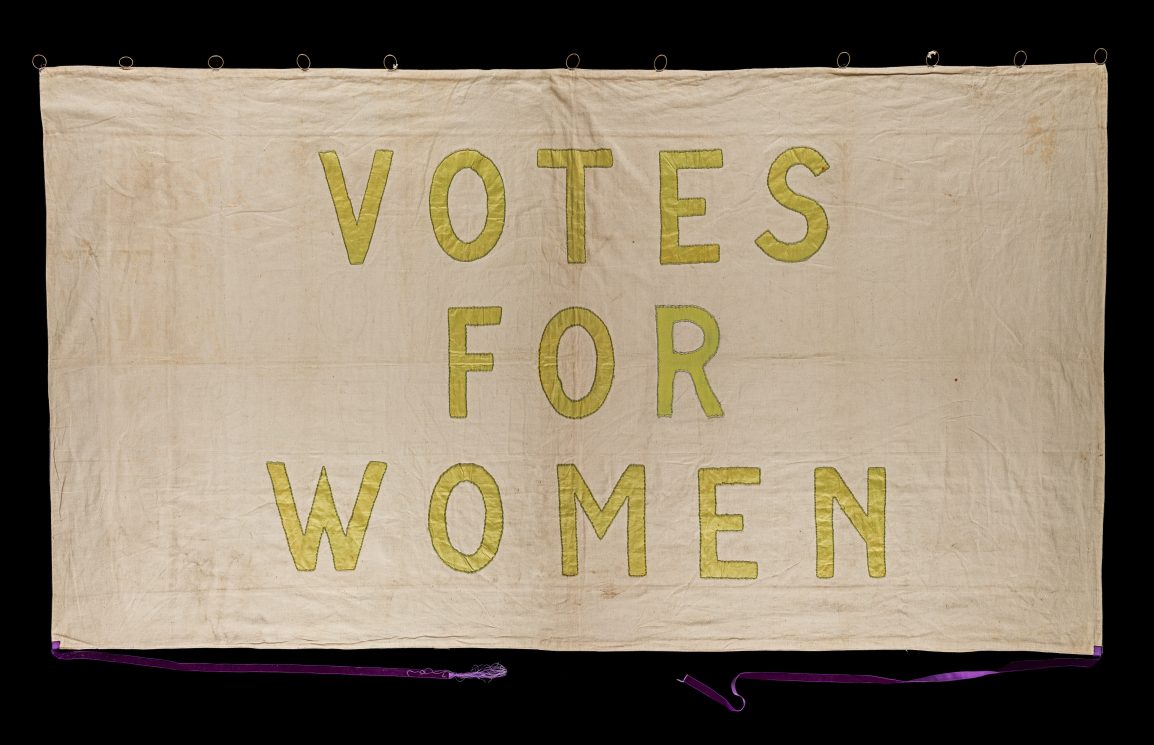Updated March 2023
Celebrating Women’s History Month!
A few months ago, one of the country’s preeminent computer scientists celebrated a birthday. Not Bill Gates or Larry Page. And not Mark Zuckerberg. It’s someone we don’t hear very much about: “Amazing Grace” Hopper. Her accomplishments aren’t taught in many high school classes. And she doesn’t come to mind when people think “groundbreaking computer scientist.”
Yet, Adm. Hopper was one of the first computer programmers in the country, coding Harvard’s Mark I computer during World War II. She standardized computer-coding languages until she was 79, paving the way for future computer scientists and coders by creating the standard for testing computers and their components. Despite her accomplishments and impact, Hopper is like many women in our country’s history. Her name does not appear in the stories we tell our children about the scientists and engineers, journalists and advocates, who have been game-changers for the world.
How do we decide which historical figures we discuss?
Why is there still such a bias in history textbooks, where fewer than 11% of the figures mentioned are women?
More to the point, how can we overcome stereotypes about a young girl’s future role in her career or community if we don’t do a better job honoring the pioneering women who should be her role models?
Overlooking this aspect of our history is not merely about missing pages from a textbook. Especially when thinking of innovators like Hopper, who heavily impacted a male-dominate field. This sort of omission can have long-lasting, detrimental effects, not only for girls, but also for society.

If we only teach certain stories from history — and if we leave out so many female pioneers — school-aged girls will only see themselves pursuing certain paths.
They won’t have the examples needed to imagine other outcomes, for themselves or their female friends. It’s part of the reason why women represent 51% of the world population, but a mere one out of seven of our engineers. It’s why we continue to see female policymakers and advocates overshadowed by male counterparts. And why we risk limiting the insights and innovations today’s schoolgirls can bring to science, journalism, the military, and more.
These young women will not naturally imagine themselves as future engineers solving climate change, scientists finding the cure to cancer, or policymakers addressing problems in Washington, unless we provide them role models for these pursuits.
We can inspire girls to explore these fields and more by showing them all the varied accomplishments of their predecessors, helping these future leaders to realize they can color outside the boundaries seen in today’s history textbooks.
Let’s tell them about Katherine Johnson, a mathematician and “Human Computer” for NASA. Johnson was the aerospace technologist who calculated the trajectory of the first American in space. Along with Rosalind Franklin, whose X-ray diffractions led to Watson and Crick’s discovery of the double-helix structure of DNA. And Frances Perkins, whose leadership as a workers’ rights advocate led to her appointment as labor secretary in the Franklin Roosevelt administration. She was the first woman to lead a U.S. cabinet agency!
We have more women breaking ground than history leads us to believe. But until we can name these women alongside the men whose stories commonly describe the course of history, we will have fewer young women ready to break ground in the future, for all of society’s benefit.
Fortunately, the status quo is beginning to change.
In 2016, Hopper was posthumously awarded the Presidential Medal of Freedom, the nation’s highest civilian honor. Last winter, Katherine Johnson’s story was commemorated in the biographical film Hidden Figures. And, as in years past, students at the Baldwin School are studying Franklin’s discoveries in biology class.
But there are more stories we need to tell. And more parties to throw to celebrate the milestones and achievements of Hopper and women like her. Not just once a year. Not just during women’s history month. But year-round. It’s the only way to make today’s schoolgirls tomorrow’s game-changers.
Visit the National Coalition of Girls’ Schools for more articles just like this!
Marisa Porges, Head of School, Baldwin School and Audrey Senior, Class of 2018 and editor-in-chief of the student newspaper, Baldwin School.
Article originally appeared in The Philadelphia Inquirer and is reprinted with permission of the authors.

